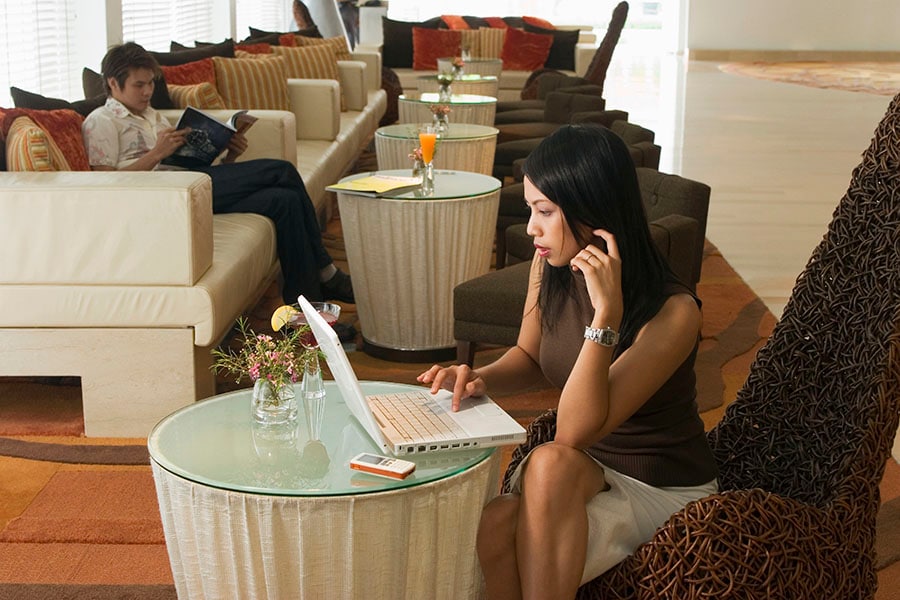
What is 'leaveism'? When vacations are just another day at work
The growing practice of "leaveism" consists in using one's vacation or any other non-working time... to advance on certain professional tasks
 Many employees find themselves compelled to work outside their contracted hours or even on their days off. Image: Yvan Cohen/LightRocket via Getty Images
Many employees find themselves compelled to work outside their contracted hours or even on their days off. Image: Yvan Cohen/LightRocket via Getty Images
Flexible hours, remote working, four-day weeks... Work is becoming more and more flexible. But as boundaries between work life and home life blur, these evolutions are also having repercussions on vacation or leave-taking. The growing practice of "leaveism" consists in using one's vacation or any other non-working time... to advance on certain professional tasks.
Working while on vacation may seem like a crazy idea, but it's gaining ground as work's tilt towards greater flexibility undermines the work-life balance. The concept may be somewhat reminiscent of "workation," a portmanteau word of "work" and "vacation."
Except that these two terms don't exactly refer to the same thing: leaveism is a deleterious practice adopted by some employees who are anxious about a workload they consider insurmountable, whereas workcation concerns digital nomads who want to combine business with pleasure.
Despite the development of new technologies and forms of organization, many feel that work is becoming more intense and stressful. Many employees complain of being overwhelmed and have difficulty concentrating on tasks that require their full attention. This is due to a seemingly constant flow of emails, notifications and other digital distractions.
Added to this is an overuse of meetings, or "meetingitis." This practice is estimated to cost large companies $100 million in lost revenue, according to a report from the University of North Carolina. It also greatly affects employees' productivity—often a key metric for employers—since they tend to be spending, on average, 18 hours per week in 17.7 meetings.







